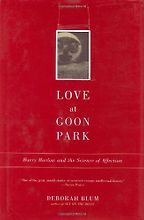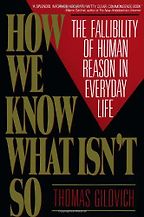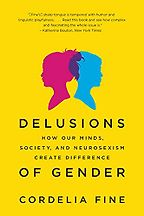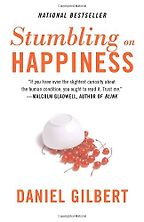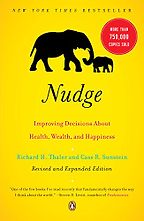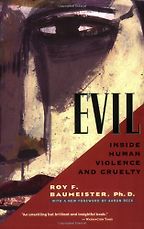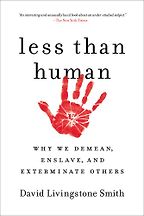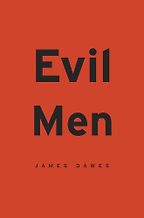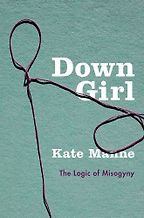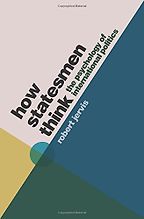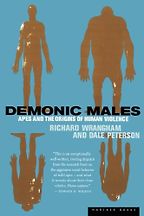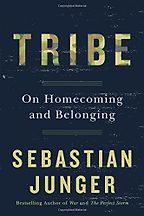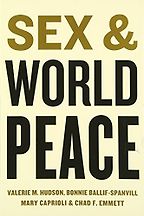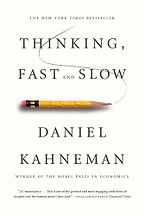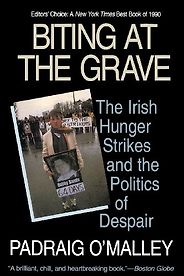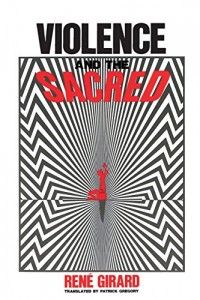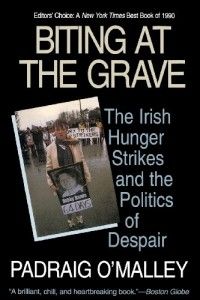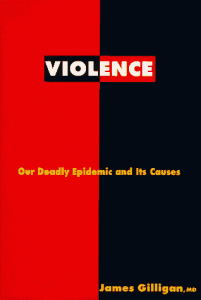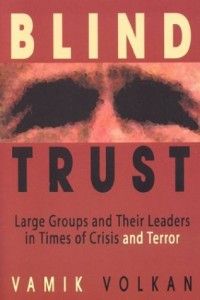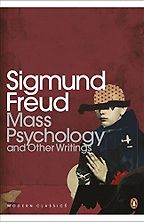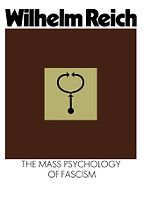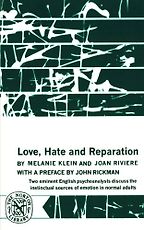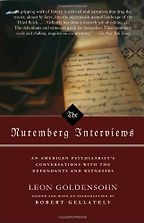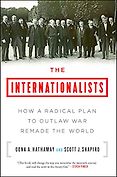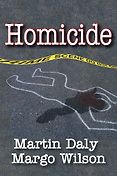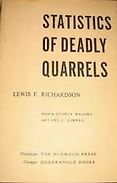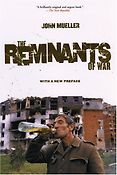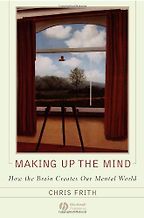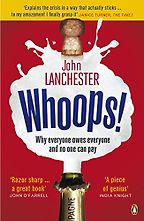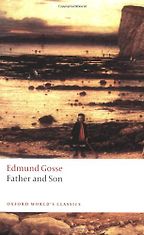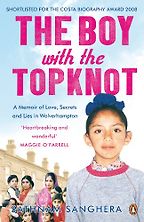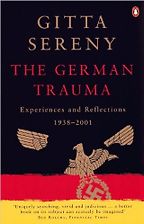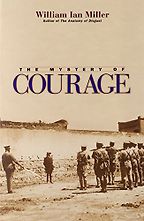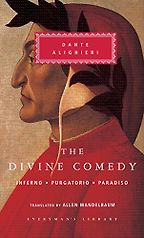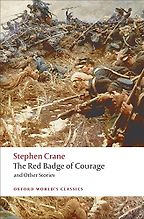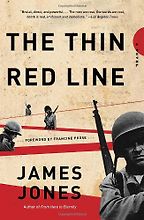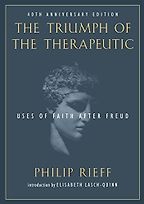Social Psychology
Last updated: September 17, 2024
Social psychology focuses on how social context affects our behaviour. Social psychologists study the effects of changes across contexts or situations, particularly those that are social in nature. This is our collection of expert recommended books on social psychology.
The best books on Behavioral Science, recommended by Nicholas Epley
What can we draw from behavioral science to help us better understand each other? Nicholas Epley, Professor of Behavioral Science and Faculty Director of the Center for Decision Research at the University of Chicago Booth School of Business, recommends the five best books for learning about an interdisciplinary field that draws from psychology, sociology, economics and anthropology.
The best books on Cruelty and Evil, recommended by Paul Bloom
How do evil-doers justify their behaviour? A common view of evil sees dehumanisation as fundamental. Yale psychologist Paul Bloom argues, however, that the picture may not be so simple. The most callous acts of cruelty and evil involve recognising the human feelings of the victim, their ability to feel shame and humiliation.
-

1
How Statesmen Think: The Psychology of International Politics
by Robert Jervis -

2
Demonic Males: Apes and the Origins of Human Violence
by Dale Peterson & Richard Wrangham -

3
Tribe: On Homecoming and Belonging
by Sebastian Junger -

4
Sex and World Peace
by Bonnie Ballif-Spanvill, Chad Emmett, Mary Caprioli & Valerie Hudson -

5
Thinking, Fast and Slow
by Daniel Kahneman
The best books on The Psychology of War, recommended by Rose McDermott
The best books on The Psychology of War, recommended by Rose McDermott
Traditionally, the study of international relations has been about institutions, not individuals and the psychology that motivates them. But that is changing. Rose McDermott, professor of international relations at Brown University, introduces the work of Robert Jarvis and others pioneering the field of ‘political psychology.’
The best books on The Psychology of Terrorism, recommended by Lord Alderdice
Terrorism is a misused, overused term. Correctly used, it refers to a specific form of asymmetric warfare. The Northern Ireland peace negotiator tells us how and why it starts and what can end it.
The best books on The Psychology of Nazism, recommended by Daniel Pick
The historian and author of The Pursuit of the Nazi Mind, Daniel Pick, tells us what we can learn from attempts to use psychology, psychiatry and psychoanalysis to understand Nazism.
-

1
The Internationalists: How a Radical Plan to Outlaw War Remade the World
by Oona Hathaway & Scott Shapiro -

2
Homicide
by Martin Daly and Margo Wilson -

3
Statistics of Deadly Quarrels
by Lewis F Richardson -

4
Violent Land
by David Courtwright -

5
The Remnants of War
by John Mueller -

6
Evil: Inside Human Violence and Cruelty
by Roy Baumeister
The best books on The Decline of Violence, recommended by Steven Pinker
The best books on The Decline of Violence, recommended by Steven Pinker
Our TV screens may be full of news about war and crime, but this masks a fall in historical terms in the number of violent deaths that’s nothing short of astonishing, says Harvard psychologist Steven Pinker. He tells us how and why this happened. (This interview was updated 17 December, 2020, to include books that have come out since it was published in 2011)
The best books on Lying, recommended by Dorothy Rowe
All our behaviour is determined not by what happens to us, but how we interpret what happens to us, says the psychologist and bestselling author. And we don’t always tell ourselves the truth. Dorothy Rowe chooses the best books on lying.
The best books on Cowardice, recommended by Chris Walsh
The acting director of the Writing Program at Boston University argues that cowardice can still be part of our ethical vocabulary, but that we must learn from history’s mistaken identification of the traumatised as cowards.
